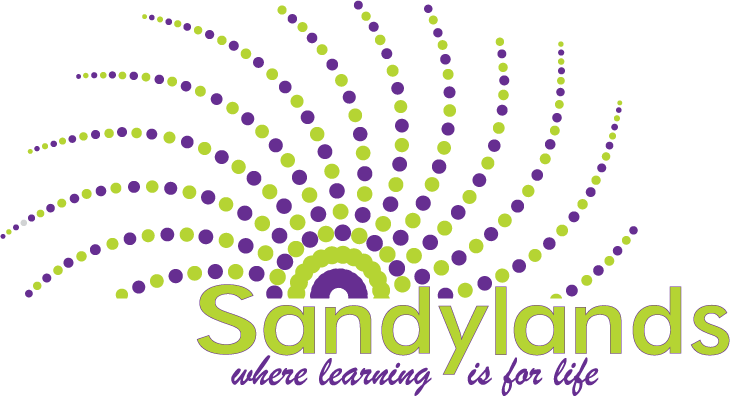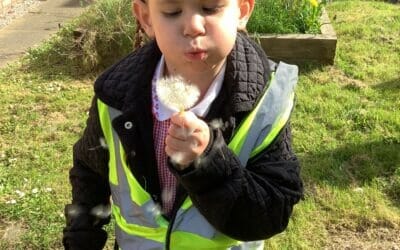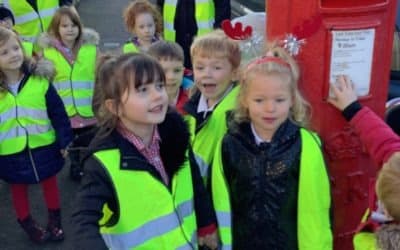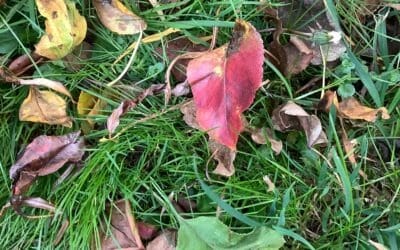Geography
Welcome to the Geography page.
Mr Smith leads Geography throughout school.
‘Since being given Geography subject lead I want the children to know the study of geography is about more than just memorising places on a map. It’s about understanding the complexity of our world, appreciating the diversity of cultures that exist across continents. And in the end, it’s about using all that knowledge to help bridge divides and bring people together.’
Mr Smith
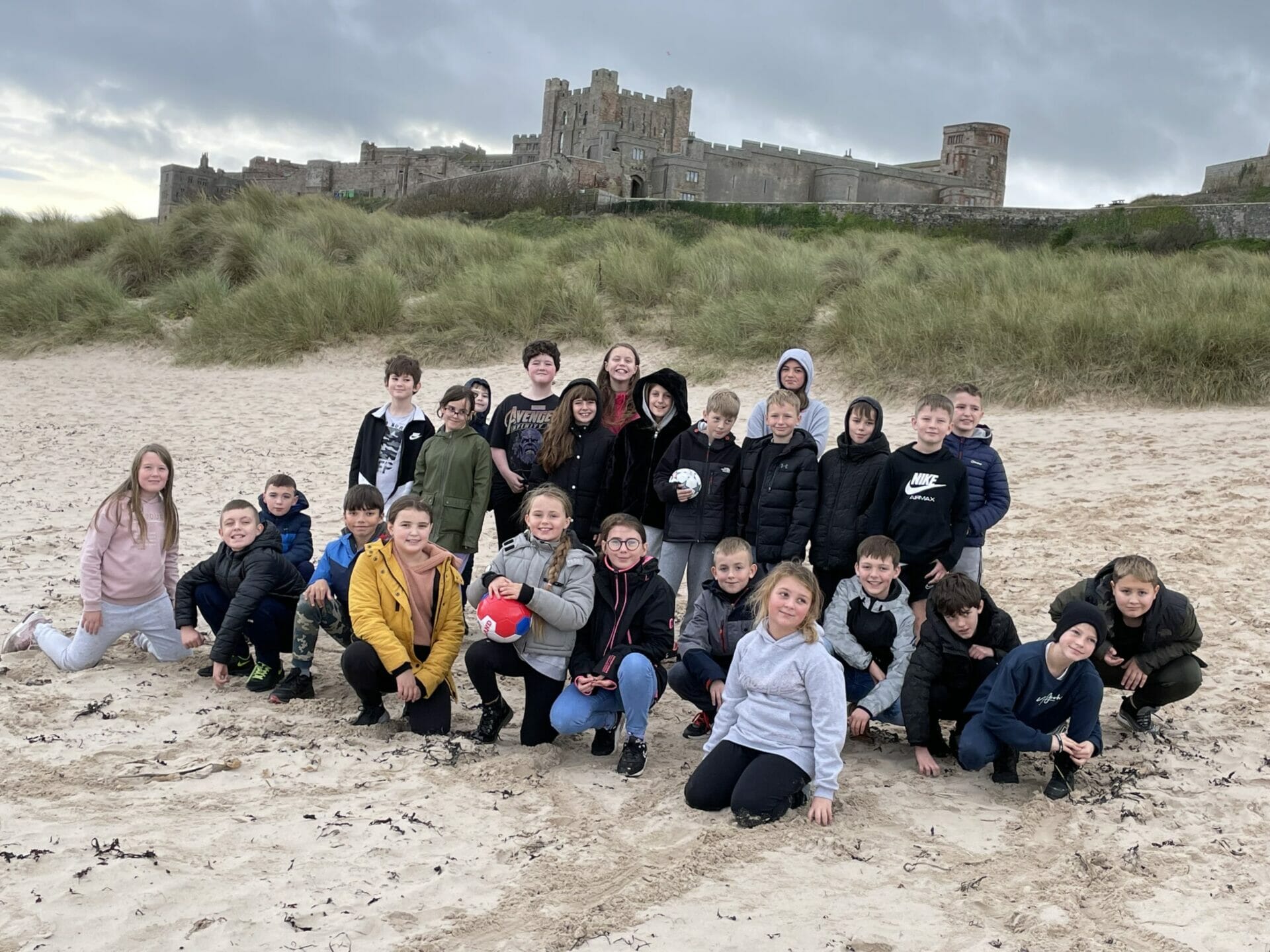

![IMG 2423[1]](https://www.sandylands.lancs.sch.uk/wp-content/uploads/2023/01/IMG_24231-scaled.jpg)
Our Geography curriculum …
At Sandylands we aim for high-quality geography education to inspire in pupils a curiosity and fascination in about Morecambe, the world and its people.
Engage, inspire and challenge children through a sequence of well planned lessons
To develop knowledge and skills from EYFS to year 6 to achieve mastery of the subject
Engage with the Eden project and contribute towards the Morecambe Bay curriculum
Know how geography has shaped the world’s history and will shape the future of the planet
Understand the environmental issues facing our planet and Morecambe Bay highlighting what we can do to make a sustainable, greener planet on a local to global scale.
Click below to access our Geography Principles, Practices and Guarantee
Geography Learning Pathway

Knowledge
Sequenced opportunity to revisit key geography knowledge…
Substantive – facts about boundaries (continents, localities, nations), cartography (atlases, directions, distance, Equator, latitude, longitude, North/South Pole, maps, scale, symbols), change (adaptation, sustainability), climate (climate change, climate zones, pollution, weather), interdependence (economy, trade), movement (migration, navigation, transport) , geography (biomes, bodies of water, tectonics, topography), resources (energy, food supply, infrastructure) and settlements (population, rural areas, urban areas).
units
Themes – for example … sustainability, people and places and fieldwork. Themes have been sequenced to deepen knowledge, each year has a unit with a sustainability and fieldwork focus. Year 3 study Italy in preparation for their Roman history theme in year 4, whilst year 6 study the Amazon Rainforest using their prior learning of biomes and vegetation in year 5 and rivers / South America in year 4.
Procedural – development of techniques e.g mapping
Disciplinary – How the children want to develop their ideas and thoughts and starting to make connections about people and places.


Timetabling
Geography is taught for an hour a week and alternates with History under the umbrella of Humanities. Each theme runs for 5-6 weeks and then there are opportunities for fieldwork and essential entitlement woven throughout the year.
Assessment
- Geography is taught and assessed again the critical content through a series of checkpoints. The children should be able to articulate the geographical knowledge and use technical vocabulary when answering the big question. The subject lead conducts pupil book studies with the children on a timetable to assess standards in their subject and plan for the next steps.


CPD for teachers
Mr Smith has used The National college and the Geographical Association to watch webinars to expand his geographical knowledge and understand how to further support staff in the teaching of geography. He ran training for staff on using the digimap tool recently following some feedback from pupil book studies.
Essential Entitlement
‘Where the Wildings are’ project – Phase 1 The Zen garden
As promised, more photos of the Zen garden which is progressing nicely. Members of the Pupil Parliament were busy planting with Alex from the 'Where the Wildings are' project earlier this week. We had some very special guests from Eden Cornwall, who came to find out...
Summer Walk
Year 1 have been visiting the orchard throughout the year to see how the seasons change over time. Our final observation was of Summer. Take a look!
Signs of Spring
In both Geography and Science, we learn about the seasons. In Geography, we look at the weather and track this at different times of the year. In Science, we learn about how the environment around us changes in each season. Here are Year 1, looking for signs of...
Local walk
In Geography we have been learning about our local area and what we see on our way to school. We went for a walk around the streets close to school. We saw a church, a garage, main school, street signs and lots more. We planned the route by looking at maps and google...
Map Detectives!
Starting our Geography unit, it's important that we in Year 1, look at a range of different maps. Where can we find maps? What are they used for? Why are they helpful? Hopefully, these are some of the things we will learn in this unit!
Finding Autumn
We went on a walk of our local area looking for signs of Autumn. We each had our own bag to gather any evidence we saw of Autumn. It was lovely to visit our orchard and observe nature.
Year 6 Northumberland trip – Coast, City and Culture
Just a few photos from our visit to the North East looking at the similarities and differences between the two coastlines, taking part in the Lowry trail around Berwick and landing on Lindisfarne just like the Vikings did in 793AD. What a trip - sunsets over Seahouses...
Autumn Fun
We have been very busy over the last few weeks! We have mixed colours using natural materials, made sunflower pictures, found natural materials and had a go at drawing maps. We have had great fun!
